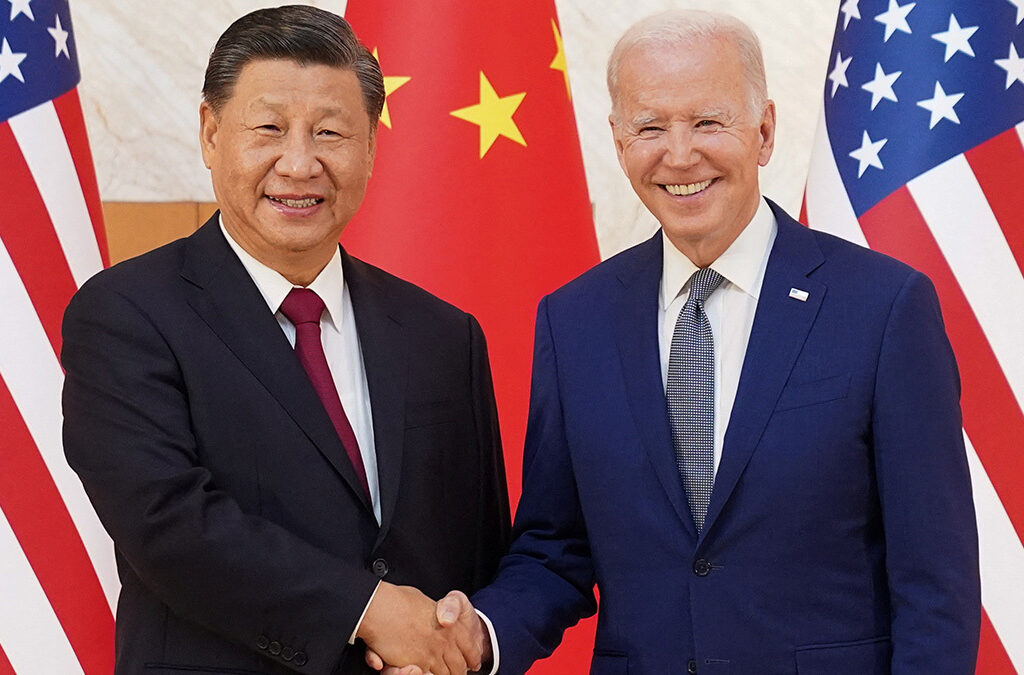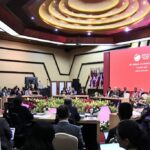The recent executive order by President Joe Biden prohibiting specific US technology investments in China has caused barely a ripple in market reactions. With an apparent intention to safeguard national security, the order targets sensitive technologies such as computer chips, with some investors dismissing the impact as more limited than anticipated. Yet, there’s more to the story.
While the iShares MSCI China Exchange Traded Fund showcased a positive growth of 0.7% on Thursday, insiders caution against reading too much into these numbers. Rick Meckler, partner at Cherry Lane Investments in New Jersey, underlines the significance of China’s reaction, citing a potential escalation in the long-standing technology feud between the two nations.
China’s response, a statement of “grave concern,” was subdued but hints at a wider political landscape. Some analysts have optimistically predicted that Beijing’s options are limited and would unlikely escalate matters, a perspective that may be overlooking China’s growing focus on self-sufficiency.
Recent actions targeting US chip maker Micron Technology, among others, reflect a trend where Beijing seems to be fostering an environment that could potentially lessen its dependency on American technology. Tom Plumb, CEO of Plumb Funds, points out that it is imprudent to dismiss any retaliation from China, possibly impacting electric vehicles or other technological components.
Also read: ASEAN’s Continuity in Myanmar: Duckworth’s Advocacy for Persistent Leadership – A Perspective
Interestingly, China’s move towards self-reliance could be seen in a new light. It’s not merely a response but a strategy. Washington’s concerns over capital and expertise possibly aiding Beijing’s military capabilities may inadvertently accelerate China’s drive for independence in technology.
With investors like Michael Ashley Schulman at Running Point Capital Advisors noting requests for reduced China exposure, the market trends are complex. The sidelines are becoming crowded with US private equity and venture capital investors awaiting clear rules, and some portfolio investors reducing China exposure.
Phillip Wool, co-portfolio manager of Rayliant Quantamental China Equity ETF, makes a compelling argument for investment in China, where valuations are comparatively low, and opportunities for growth are robust.
Is this conflict a temporary setback, or is it an indication of a new era where China forges a path towards technological self-sufficiency? The answer lies in not just the political decisions of today but the long-term vision of tomorrow.
Source: The Star.
















